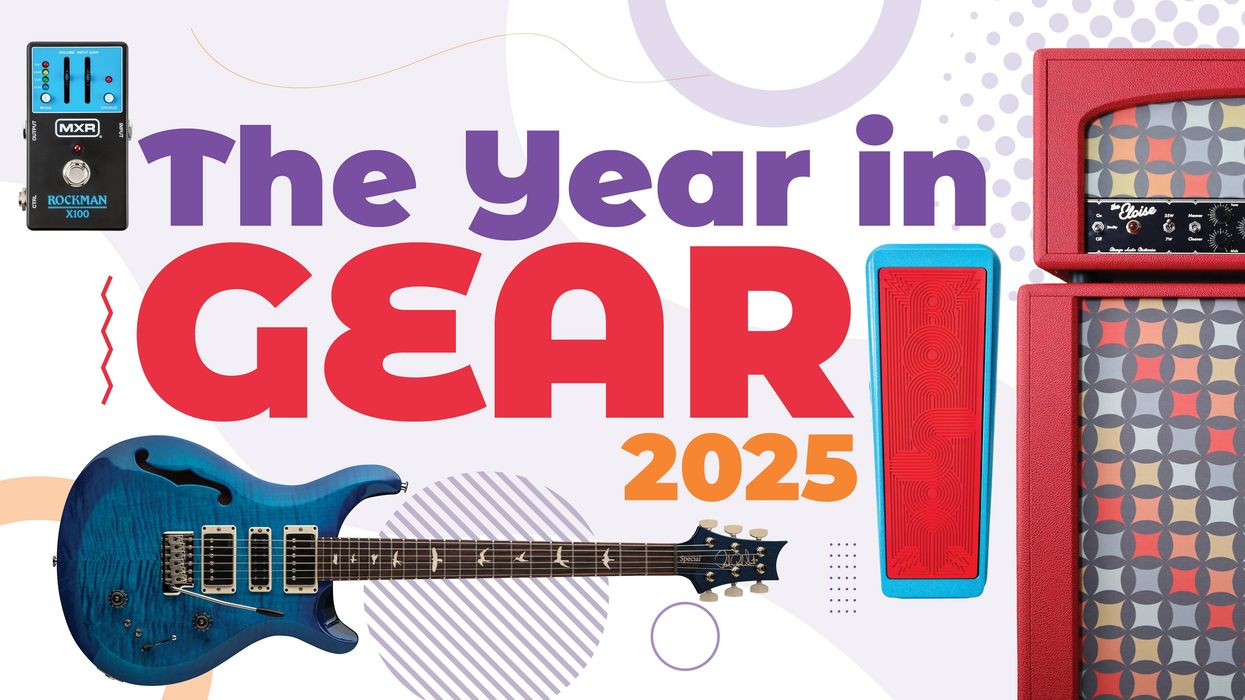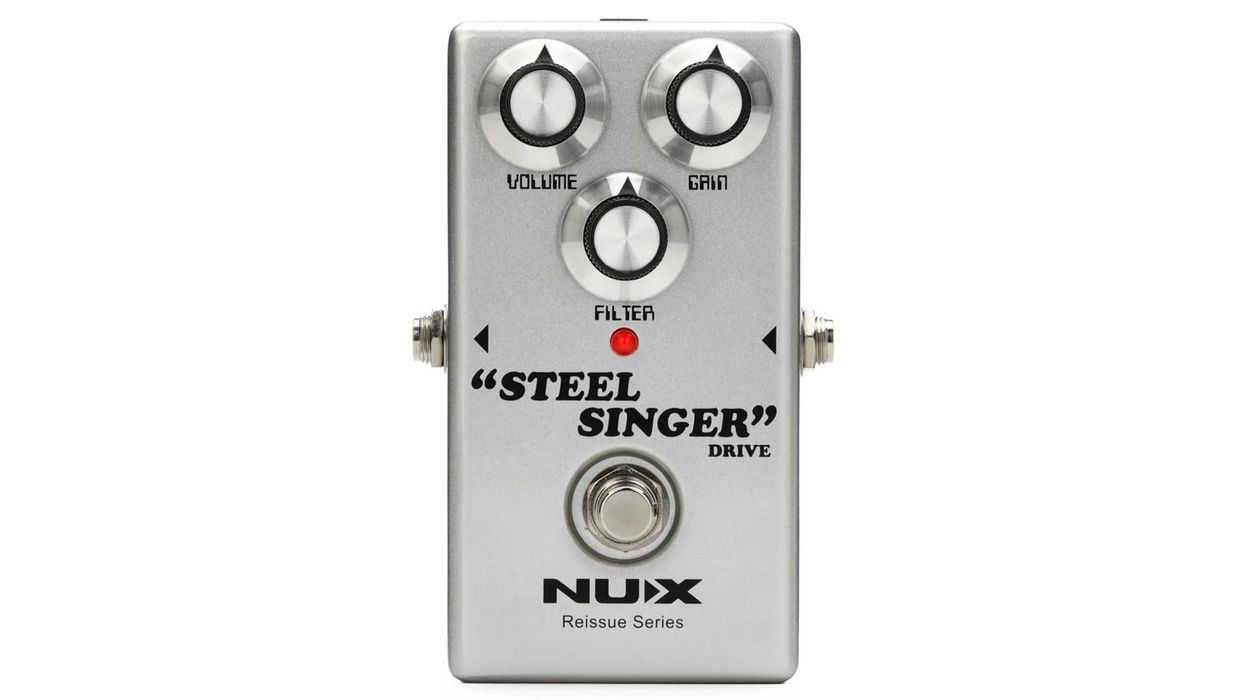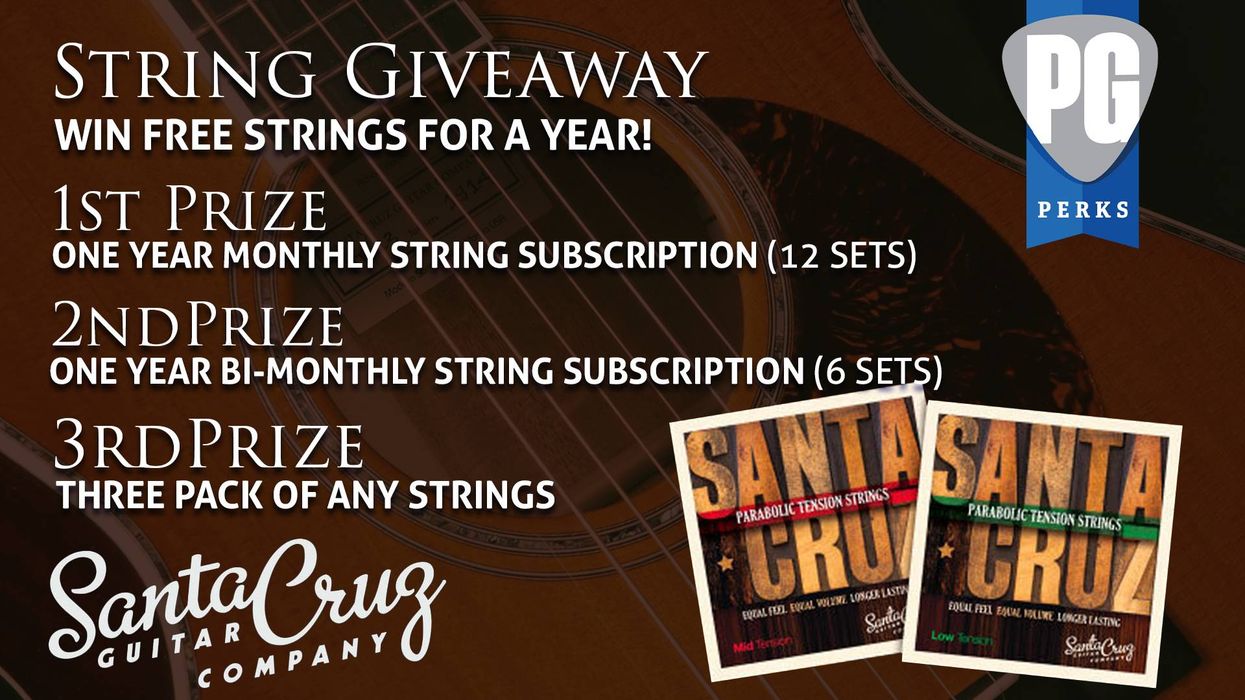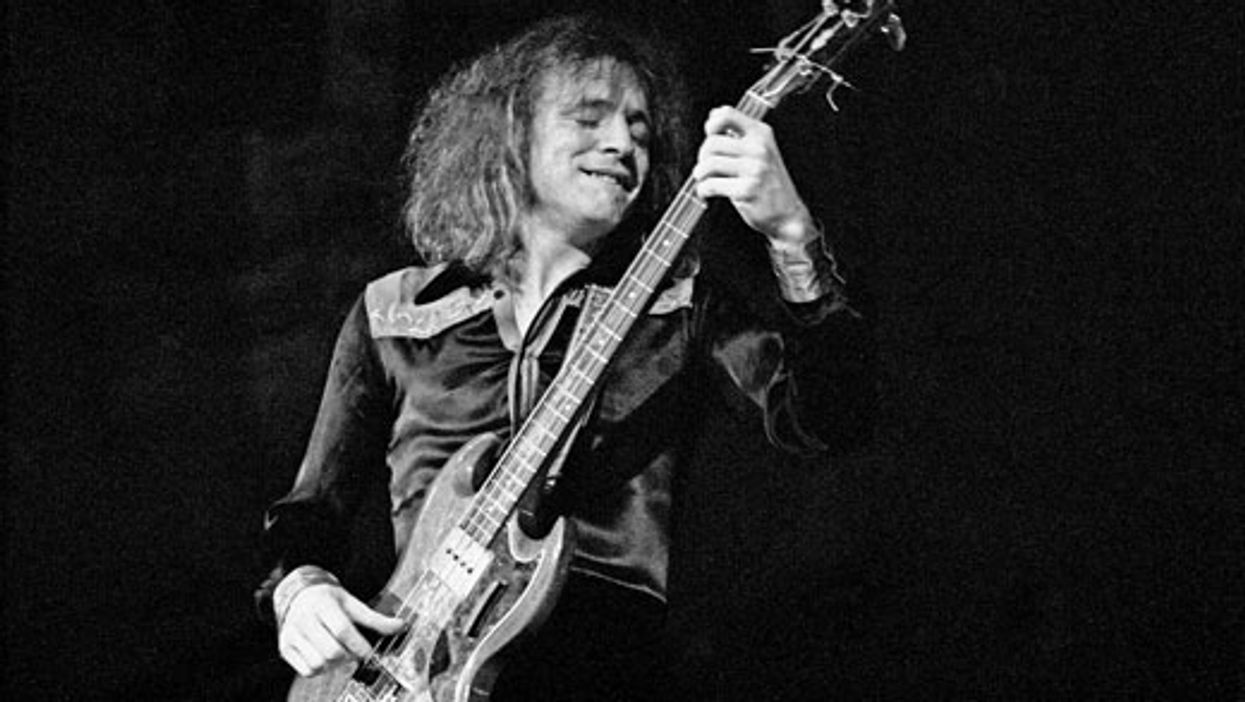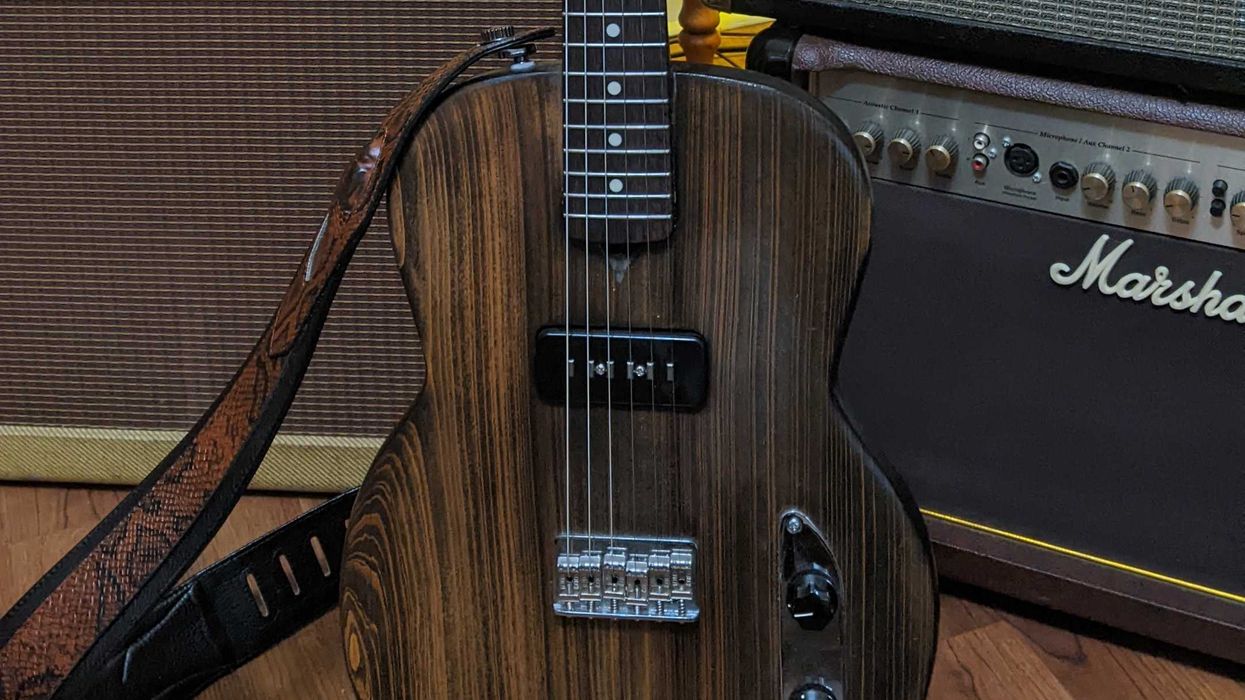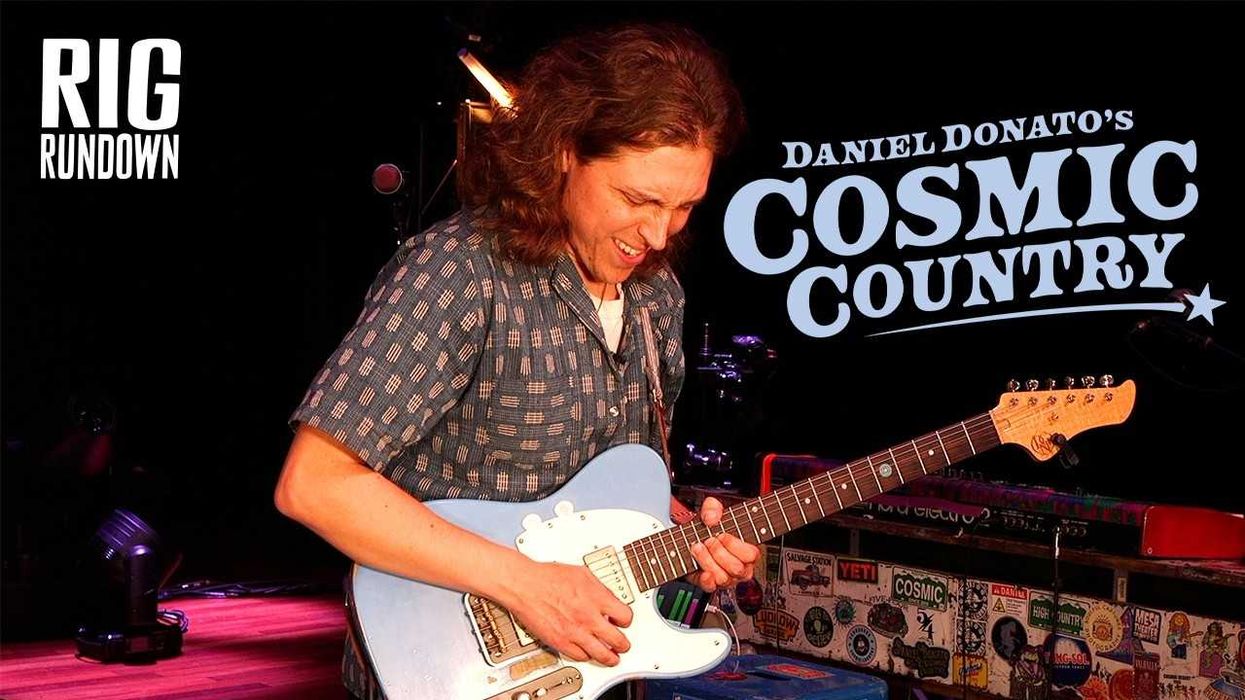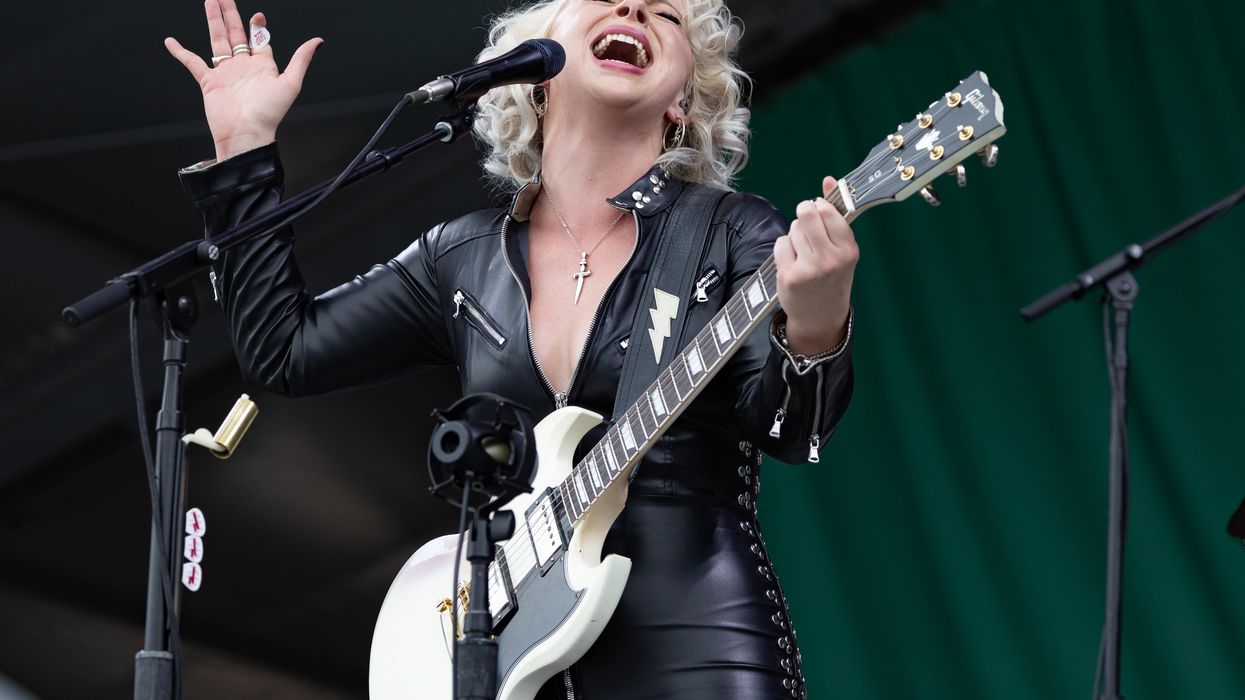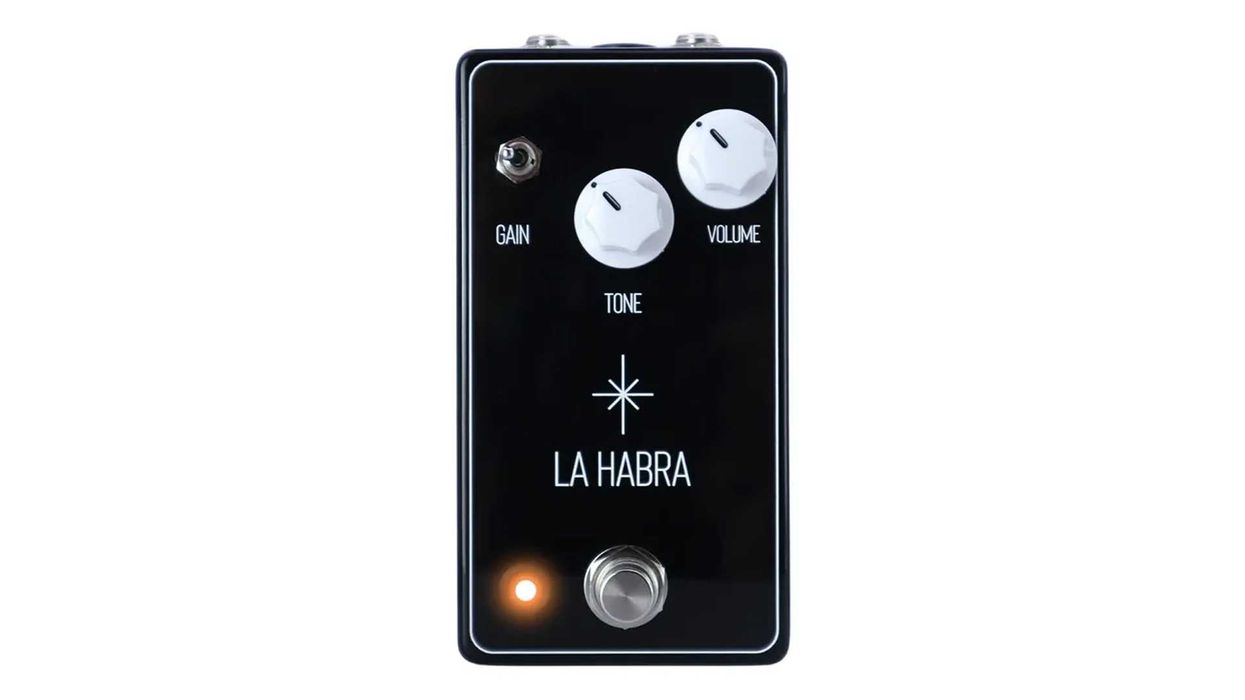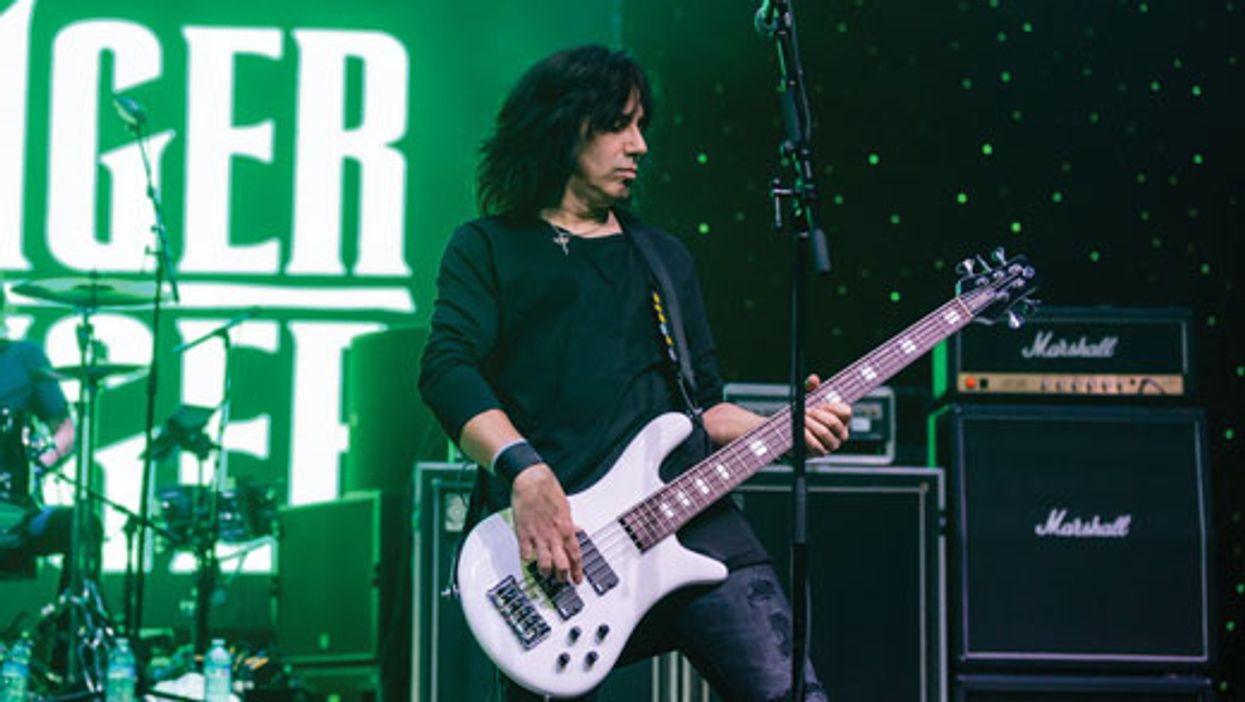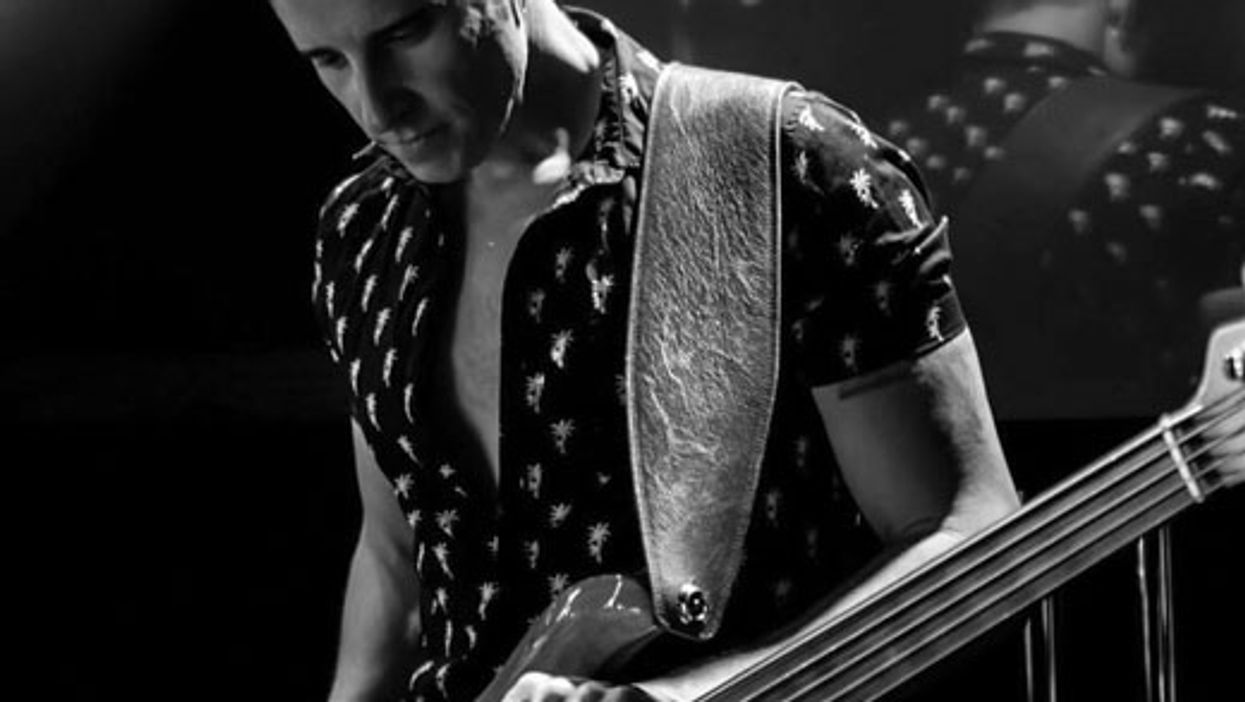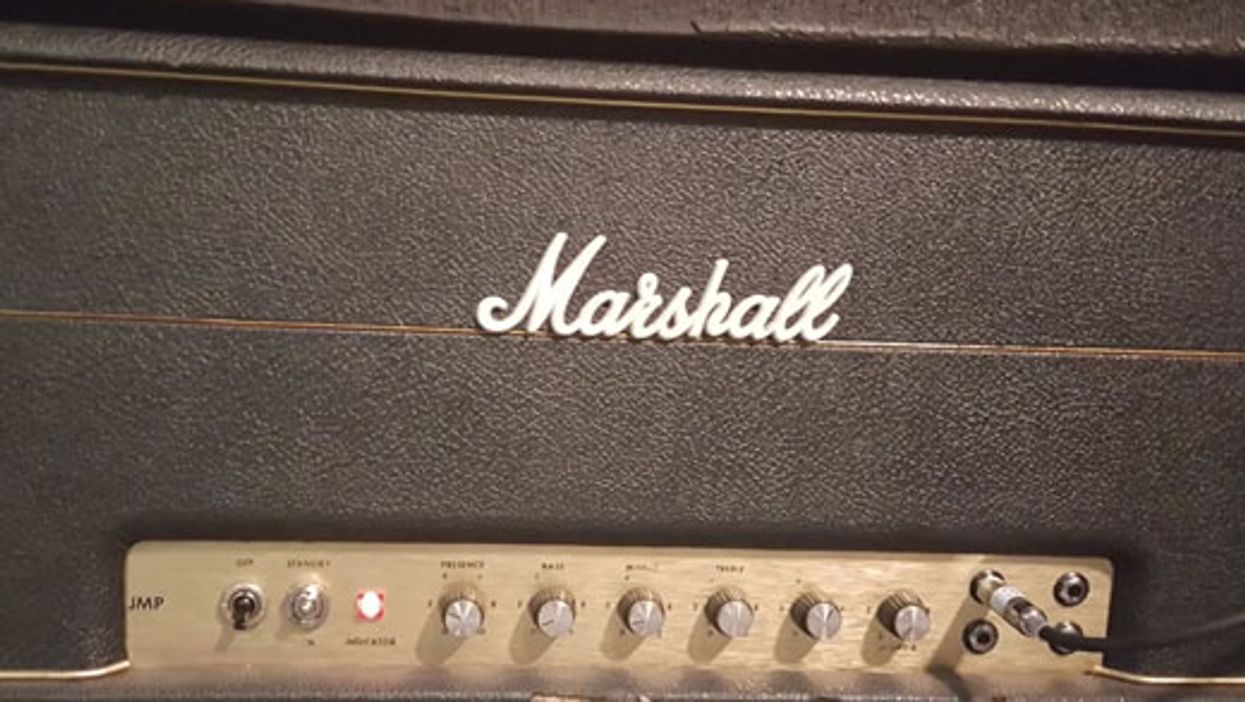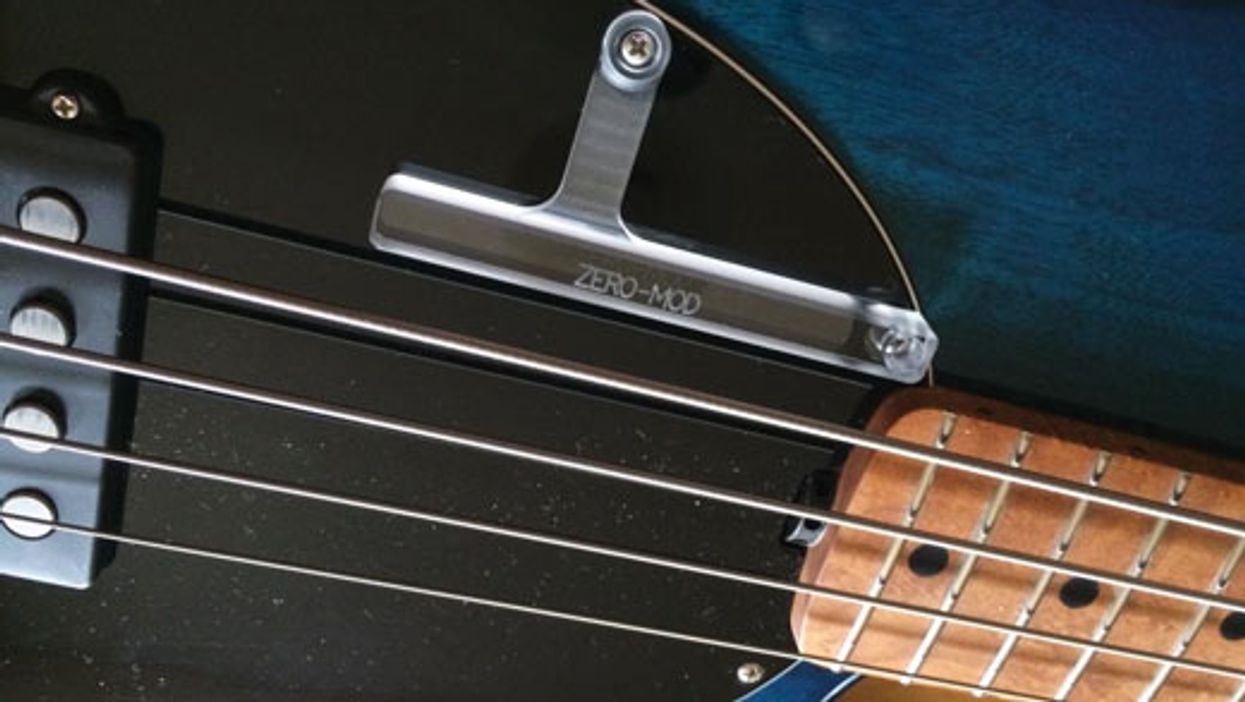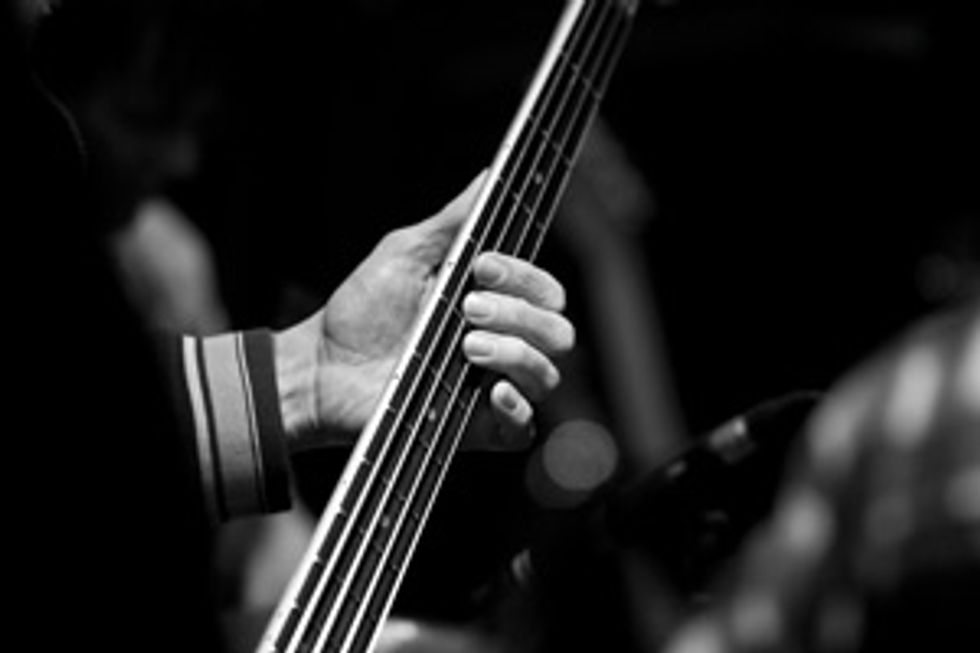
If you play professionally—or aspire to work as a bassist—you need to connect with other players in your town and become part of the musical community.
Not so long ago, we musicians were collectively caught in a crossroads when first going online to explore the then new phenomenon known as social networking. SixDegrees came first in 1997, but the real revolution began in 2002 with Friendster, and more importantly, Myspace. Within a short period of time, our little black books of contacts were being traded for “friends” with public profiles, complete with sound clips and pictures, but also plenty of unrelated commentary. While bands and musicians flooded Myspace, so did everyone else, and this new social outlet eventually turned into a huge social gathering full of kitten pictures and spam.
As the popularity of Myspace gave way to the cleaner, simpler, and, at first, more exclusive Facebook, the lines became more blurred. That’s because the relationships on Facebook were more personal than those on Myspace, and using Facebook as a true website like Myspace was initially not really an option. The powers that be eventually realized the importance of being able to separate a personal and professional presence online, and Facebook is now the web home for countless musicians and bands. But just because you have a page on the blue-banded social networking site, are you truly networking?
A lot of musicians post themselves on a Facebook band page with a look-at-me vibe, hoping that a producer will be magically blown away by their incredible musical skills with one click. And there are plenty of others that post less-than-flattering pictures or upload poorly recorded, one-take clips that aren’t even in tune. But even if you record your best material with the best sonic tools available, take the best possible pictures with the best possible lighting, and have a bio written by the best possible PR firm, there is still no guarantee that any of that will get you a gig. You need to take things a step further and network a little bit.
Before you get to that point, however, you need to ask yourself what you’re trying to accomplish with your social media page. Do you want a record deal, studio gigs, a touring gig, or to give lessons? Maybe it’s all of the above. Once you have given this some serious thought, then you should present yourself in a good light and focus on your goal. If you want to be known as a studio guy, get your best recordings online. Have pro-looking pictures or video taken of you in the studio and be sure to list the artists you have worked with. Apply this same thinking to being a road guy or a teacher. Then look it all over and ask yourself: “Would I hire me?”
Now that your Facebook page looks and sounds amazing, you need to get the word out. But you can’t just post a status update saying you are the best bassist in the world. Well, you can, but you better have the goods to follow through. There’s actually a better way to meet folks and get your name out there. And it comes from an unlikely source—your competition.
Here in Nashville, touring and session player Pete Sternberg started a really cool, private Facebook page called the “Nashville Bass Hang.” Pete was looking to create a sense of local community, help players network, and offer a forum to buy and sell gear. To maintain a level of professionalism and keep the community in check, all members are either asked to join, or must go through Pete with a request to join. Now with over 350 members, the page has blossomed into a networking dream, and in my opinion, is one of the better ways to connect with other players in town.
Nashville has at least 20 bands playing downtown with three daily shifts, every single day. That’s a lot of bass slots. Many touring players supplement their income with these gigs, but occasionally, previous commitments get in the way of filling the slot. In the past, you would go to your black book and call around to find a player to sub for you. Now, you can post on this page and instantly reach out to your brothers and sisters in bass. Conversely, players can post their availability, which can generate work and real money as well. On the recording side, players aren’t giving up too many sessions, but again, this is a great forum to pick the brains of the players making some of Nashville’s greatest recordings. It’s also a great way to get real information on everything from studio gear to upright techniques to writing a Nashville number chart.
You may not live in a target-rich town like Nashville to network your way around, but that doesn’t mean you can’t start a movement of your own and reach out to local musicians in your area. If you are in a smaller town, you could start a members-only page that reaches out to all musicians, not just bassists. Having this kind of outlet could uncover gigs, help form bands, or just create a more cohesive scene. More than ever, musicians need to bond together, and this is a free and positive way to do it.
Facebook has taken away a lot of personal interaction between humans in general. And in place of a phone call, we often tend to post something and hope someone will respond. By making the experience more interactive and community-oriented, we put the power back in our own hands. Starting a Facebook page like the Nashville Bass Hang in your town not only gets your name and goals out in the cyber world, it can put you in touch with people that may be able to help you reach those goals. If you are utilizing social-networking sites already, then take it a step further and actually start networking.
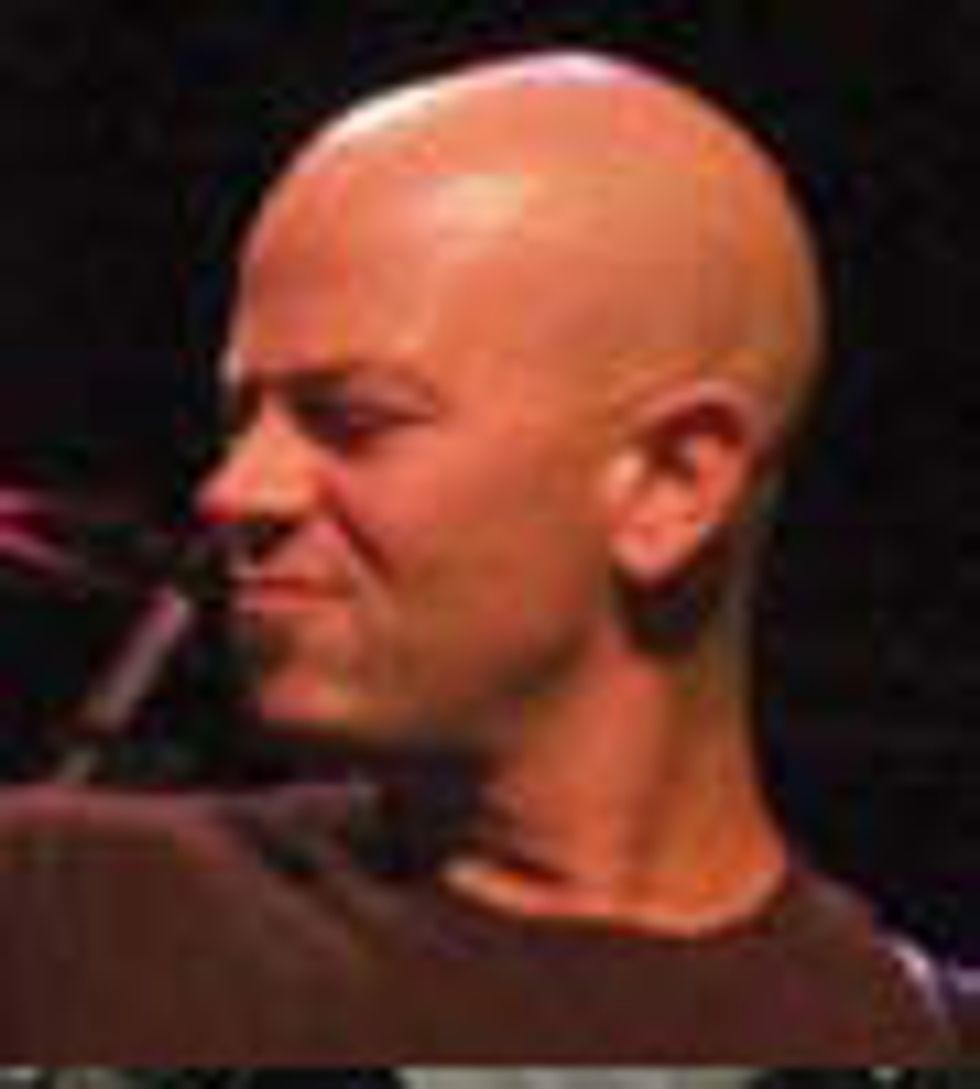 Steve Cook is currently
fortifying himself
in the back of a tour
bus, awaiting the low-end
revolution. He can
be reached at info@shinybass.com until the
coast is clear.
Steve Cook is currently
fortifying himself
in the back of a tour
bus, awaiting the low-end
revolution. He can
be reached at info@shinybass.com until the
coast is clear.
